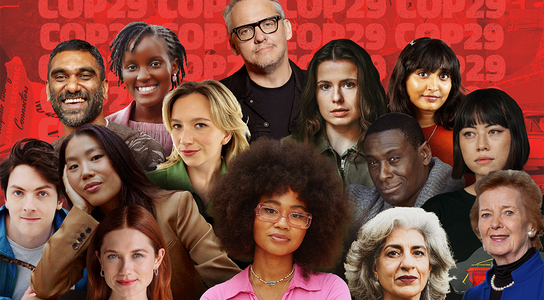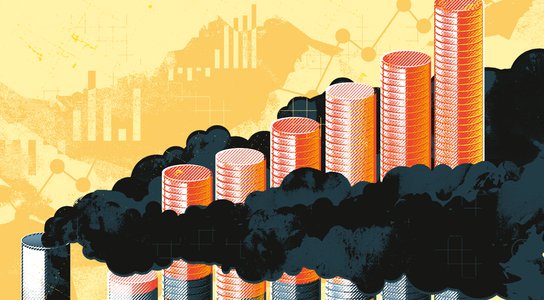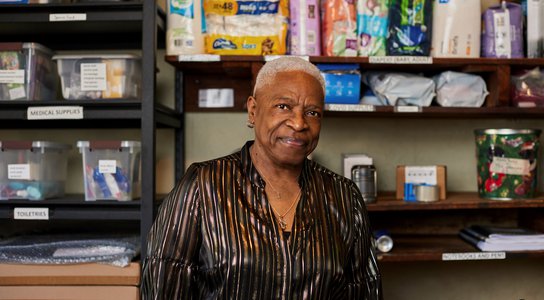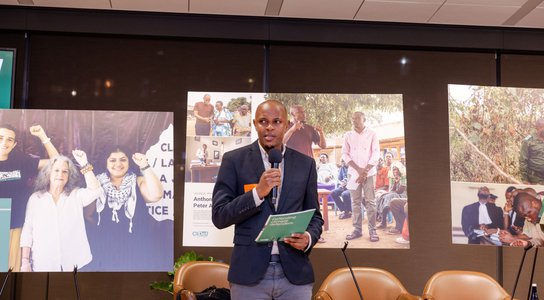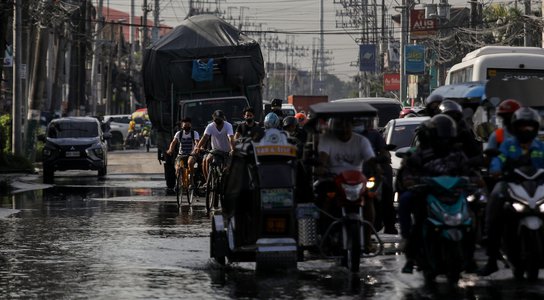Action on climate is reliant on delivering systems change, not setting more targets. As we count down to COP26, can Governments rise to the challenge?
In 11 months time world leaders will stand on a stage slapping each other on the back for the new targets they’ve set for reducing emissions. It will be the final day of the COP26 Summit in Glasgow and months of wrangling behind the scenes will reach a crescendo with a series of announcements on the future of the planet. Of course, five years ago today, we saw something similar in Paris. A new and historic Climate Agreement of 196 nations, representing 97% of global emissions, met with whoops of excitement and cheers of relief.
And in 2020, despite the political turbulence of President Trump withdrawing US support, the Paris Agreement is largely intact. Most countries remain signed up and progress has been made. Investment in renewables has gone up, sustainable finance options grow ever more popular, and the ‘green economic agenda’ is a common feature of global news headlines.
But this hasn’t been enough – and warnings on the future survival of our planet in the face of increased global warming continue to be stark. Emissions in 2019 rose to 55bn tonnes, up from 50bn tonnes when the Agreement was signed. In the last five years, the fossil fuel industry – the planet’s greatest polluters – accessed over $2.7 trillion in financing to expand and buttress the sector’s ongoing extraction of oil, coal and gas. We are still losing an area of forest roughly the size of the UK each year and, in the US alone, about 10,000 miles of oil pipeline have been built since 2015, including through Native lands. The human impact of this has been devastating. Our own research shows over 963 people have been killed in this period defending their land. Whilst others, disproportionately communities of colour, have faced flooding, droughts and hurricanes that have taken lives and ruined livelihoods.
The message from scientists and climate experts is universal: We are running out of time to change course.
Next year, as Presidents, Prime Ministers and teams of negotiators descend on Glasgow, we cannot be satisfied with a repeat of the scenes in Paris. Emissions targets are great, but however ambitious, they start to become meaningless unless they are accompanied by detailed plans about how they will be met and honesty about some of the tough political choices that need to be made now.
In reality, there’s no way through this simply by putting more electric cars on the road or funding mass tree-planting programmes. It won’t be enough to make small shifts in our energy supply, to retro-fit homes, or to persuade consumers to use less plastic. Neither can we rely on untested technology like carbon capture storage (CCS). Addressing the impact of the climate crisis requires whole systems to change. In particular, it means a shift in the global economic landscape, stopping those profiting from the destruction of the environment.
Just 100 corporations are responsible for 71% of global emissions. In their hurried dash for quick profits and unsustainable growth, companies are leaving a trail of devastation and disaster. They are responsible for the toxic waste, air pollution and mass deforestation destroying our planet and hurting communities across the world, from the Niger Delta and the Amazon rainforest to Richmond in California. And yet Governments are failing to act, taken in - or complicit in hiding behind - empty corporate statements which seek to ‘greenwash’ damaging corporate activity and expensive PR campaigns allying major polluters with so-called environmentally friendly initiatives.
This cannot continue. In 2021, we need to see real change in a number of key areas. First, there must be action to stop the growing consumption of fossil gas, which big oil companies are falsely looking to champion as a greener energy source. Their claims about its positive impact on the climate simply aren’t true. If we are going to achieve the goals set out in the Paris Agreement, gas production and consumption needs to drop by 40% over the next decade.
Second, we need to end the decimation of tropical forests, which act as a vital carbon sink, helping to regulate the global climate. Irresponsible multinational agricultural businesses, including those producing beef, soy and palm oil are ripping up these vital biospheres, supported by billions of dollars in finance provided by banks and investment funds. We urgently need new rules and policies to tackle the financing and supply chains fuelling global deforestation.
Third, we need protection for those communities standing up against the development of their land, often facing powerful and wealthy corporate actors. Last year 212 people were killed defending local areas being exploited against their will. Many more faced harassment, threats, violence, arbitrary arrest, imprisonment, and murder.
Finally, we need a new set of global standards to ensure companies can be held to account for the damage they do to the planet and any action that undermines human rights. There are early moves to set this in motion across the EU. Other jurisdictions must follow their lead.
Is this level of change realistic? Can we really spark the corporate revolution needed to make a real difference to the future of our planet? The signs are mixed. Whilst we know some businesses are taking positive steps, like trying to remove products derived from deforestation from their supply chains, too many continue to invest huge amounts of time and energy directing Governments towards smaller, consumer-facing challenges to divert attention away from the major, systemic changes they need to make. It’s more comfortable for them to have headlines on the decline in plastic straw usage than to confront the fact that their business model and the laws that govern their activity are simply not fit for purpose in a greener, more sustainable economy.
There is a growing movement of civil society groups, youth activists and indigenous campaigners who are building an energetic and exciting powerbase making the case for real change. This is where our future lies, not in the outdated and rapacious economic model of the last fifty years.
So, in the lead up to COP26, politicians have a choice. Do they listen to the coalition of experts, including global voices on the ground calling for action, or do they stump for more of the same? Can they rise to the challenge, act decisively to cut through corporate lobbying efforts? If they can, they have a real opportunity to be recognised as true trailblazers for generations to come. Let’s hope they seize it.
Listing image credit: Chesnot/Getty Images
